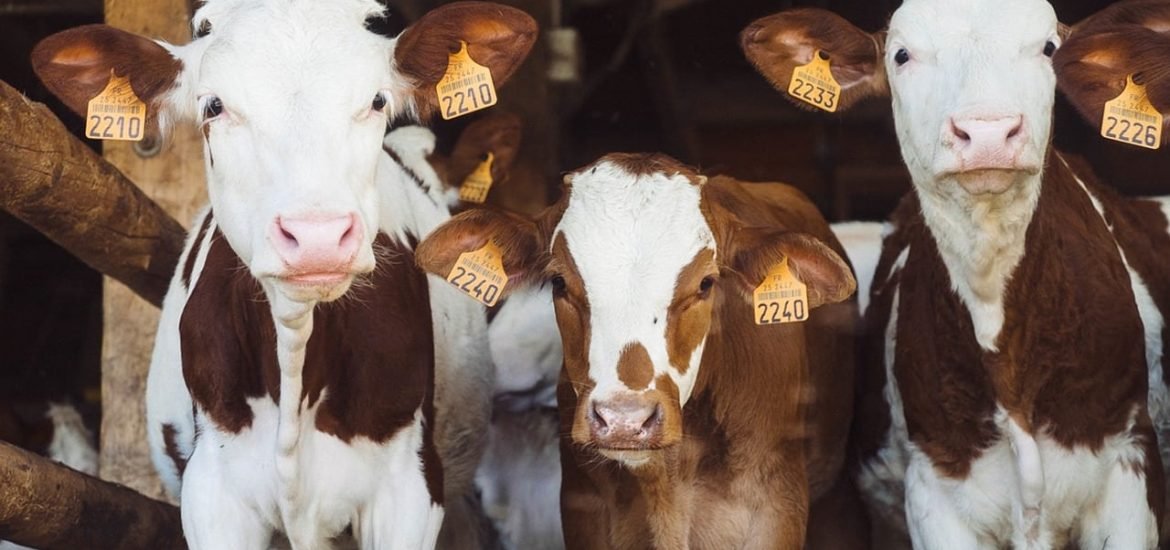
Bacteria resistant to antibiotics — similar to MRSA — found in livestock and pets are rarely transmitted to humans, according to a study published in Nature Microbiology.
An international team of researchers, led by Prof Ed Feil, based at the University of Bath, UK, investigated the prevalence of Klebsiella, a family of bacteria that lives in the intestines without causing any harm but can be dangerous if it spreads to other parts of the body. For example, Klebsiella pneumoniae can cause pneumonia, meningitis infections in the blood, and urinary tract infections. These bacteria are highly resistant to antibiotics, with some of them even resistant to “last resort” carbapenems, which are only used when everything else fails. As a result, these bacteria represent a significant health problem in the UK, and the WHO has recognised it as a critical priority healthcare associated pathogen.
“Klebsiella infections are becoming increasingly resistant to antibiotics, so whereas you used to be able to treat most urinary tract infections easily, now it is more common that patients are getting infections that keep coming back and causing problems,” said prof Feil. “Our researchers wanted to find out whether resistant bacteria are now spreading into pets, farms, livestock, plants, and water, and so we wanted to investigate where Klebsiella is found and monitor how it spreads to inform how best to prevent and control outbreaks.”
In addition to hospitals, these bacteria are also common in the environment, including livestock and pets. To examine how easily these bacteria can be transferred from animals to humans, the team collected over 6,000 samples over a 15-month period from various locations in the Italian city of Pavia, where the pathogen is a major problem in hospitals. Samples were collected from hospitals, as well as farms, puddles, domestic pets, and even house flies and other insects.
The researchers then used whole genome sequencing techniques and found 15 different species of Klebsiella, with half of the samples containing the dangerous K. pneumoniae. The results also showed very little overlap between the samples from the hospitals and those from the environment.
“We found it was present everywhere, but were surprised that the strains found in hospital were different to those found in the environment, indicating there’s very little transfer between the two habitats: humans nearly always catch this from other humans,” said Prof Feil. “This confirms the best way to control infection for these bacteria remains stringent hospital hygiene, and that there is less chance that outbreaks may be caused by contact with animals or the environment than previously feared, at least in a high-resource country like Italy.”
Thorpe, H.A., Booton, R., Kallonen, T. et al. A large-scale genomic snapshot of Klebsiellaspp. isolates in Northern Italy reveals limited transmission between clinical and non-clinical settings. Nat Microbiol 7, 2054–2067 (2022). https://doi.org/10.1038/s41564-022-01263-0